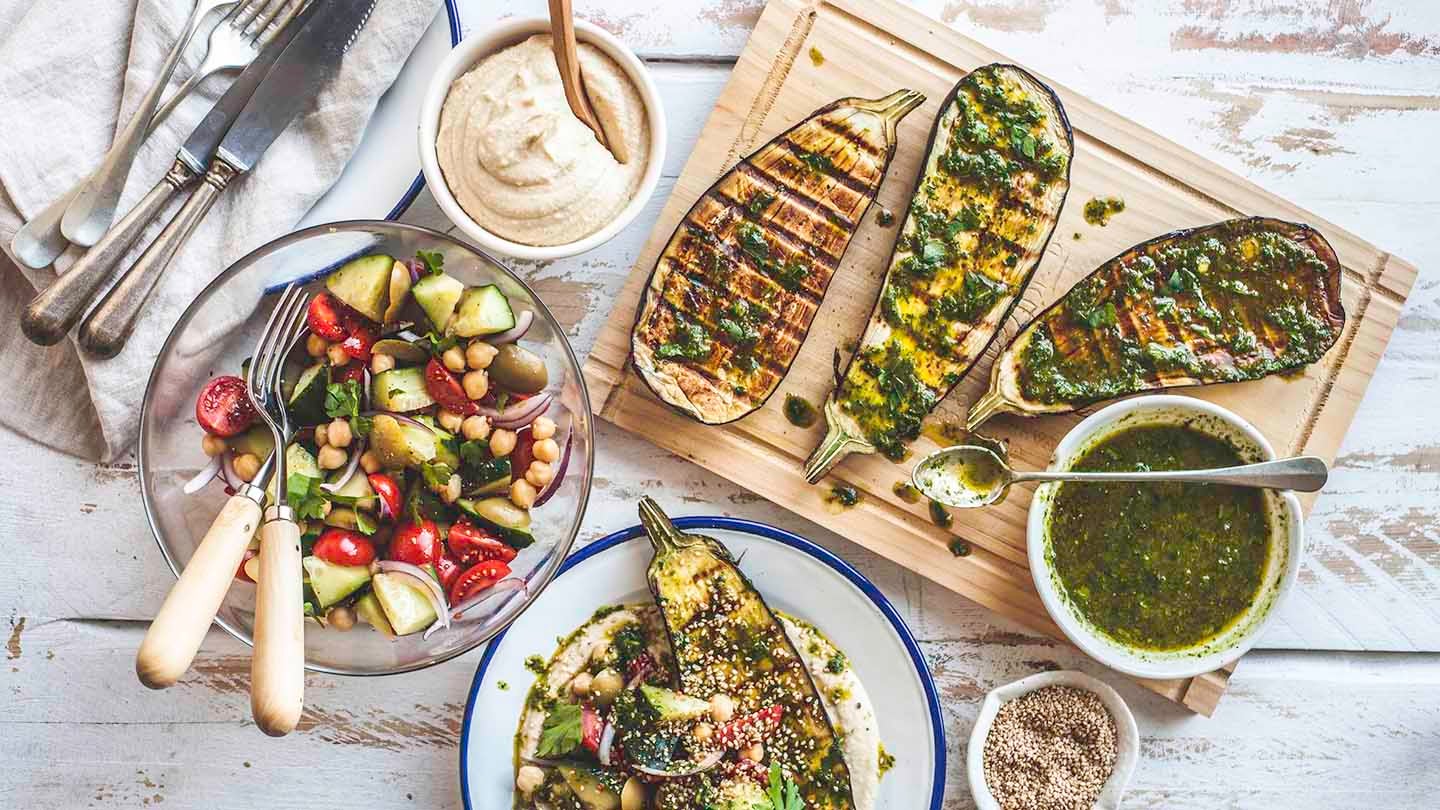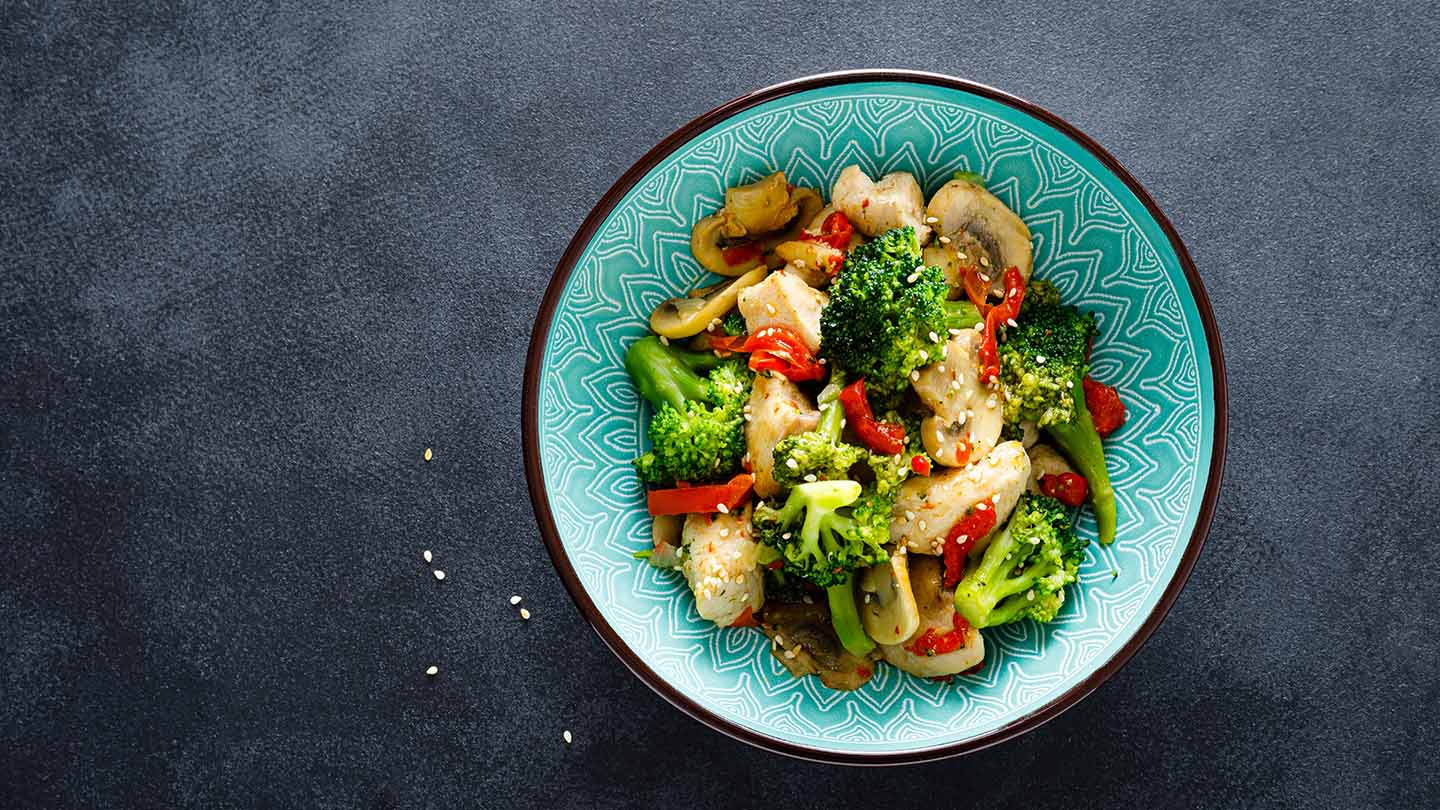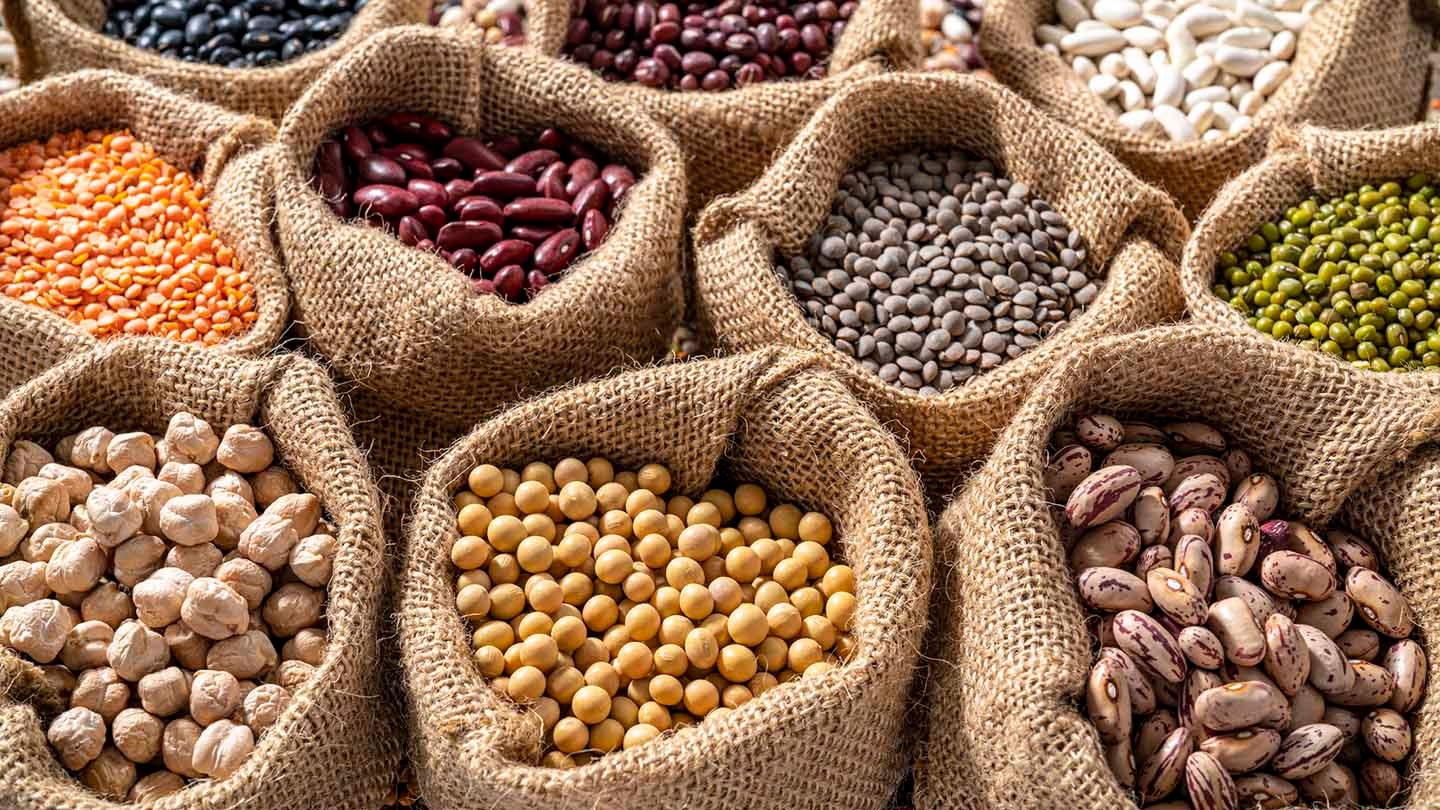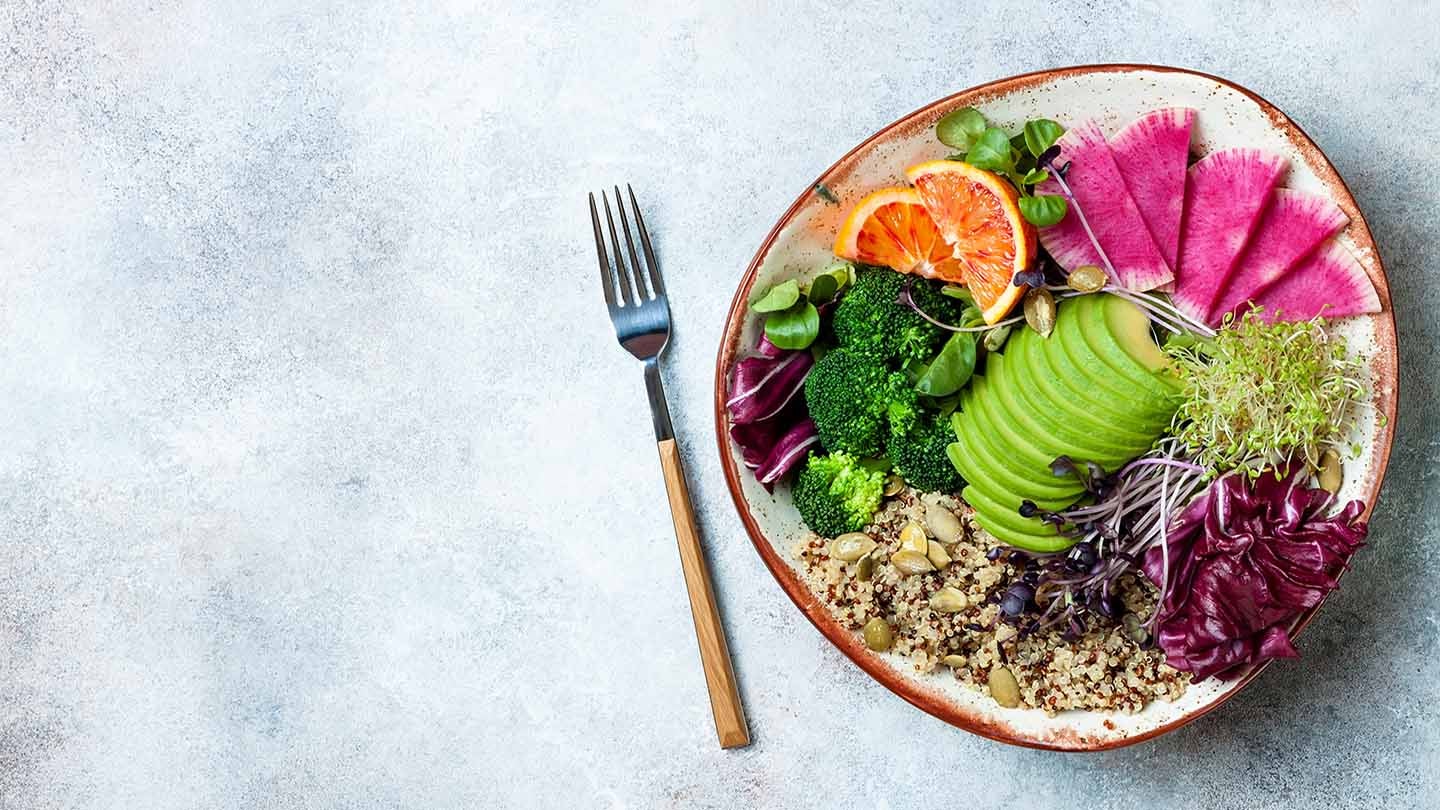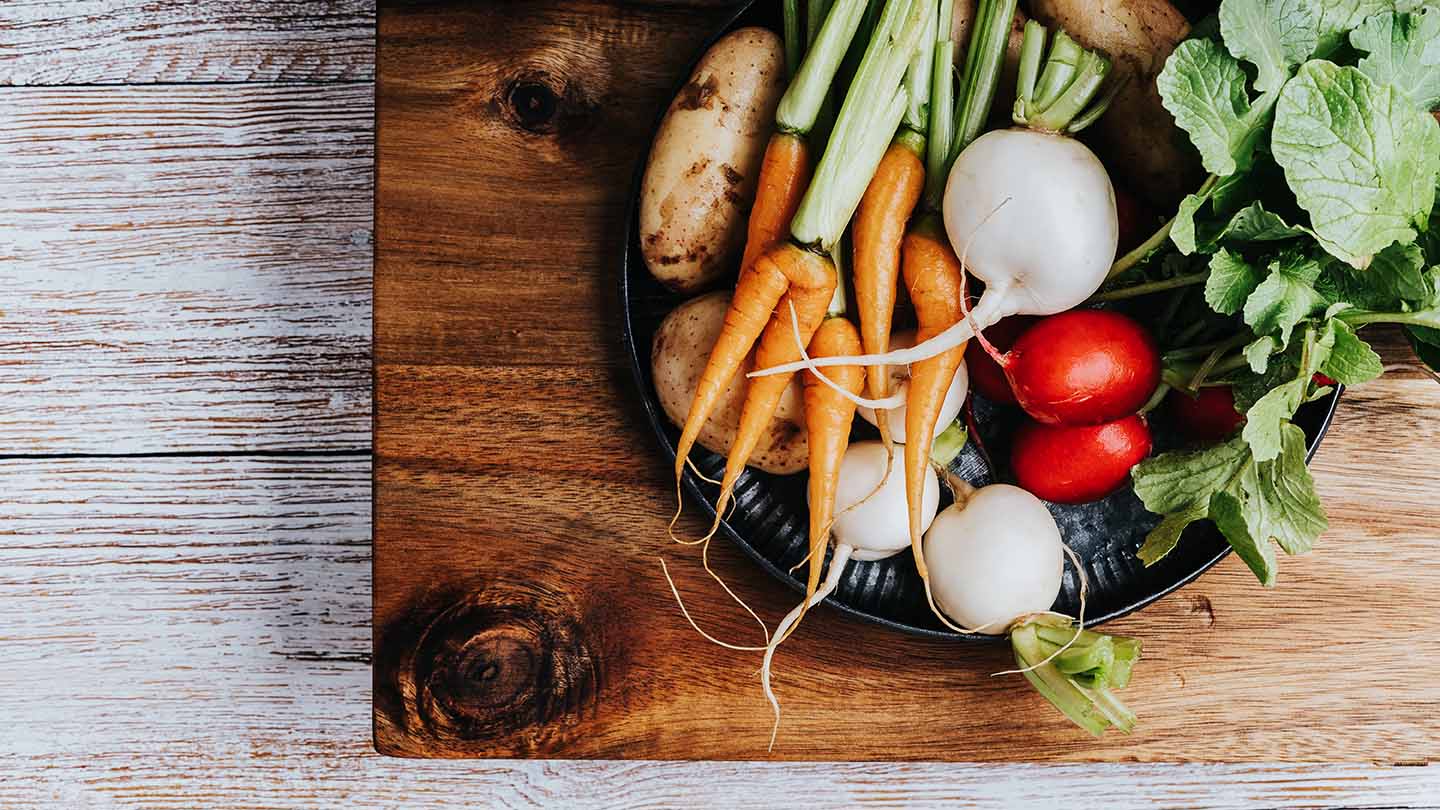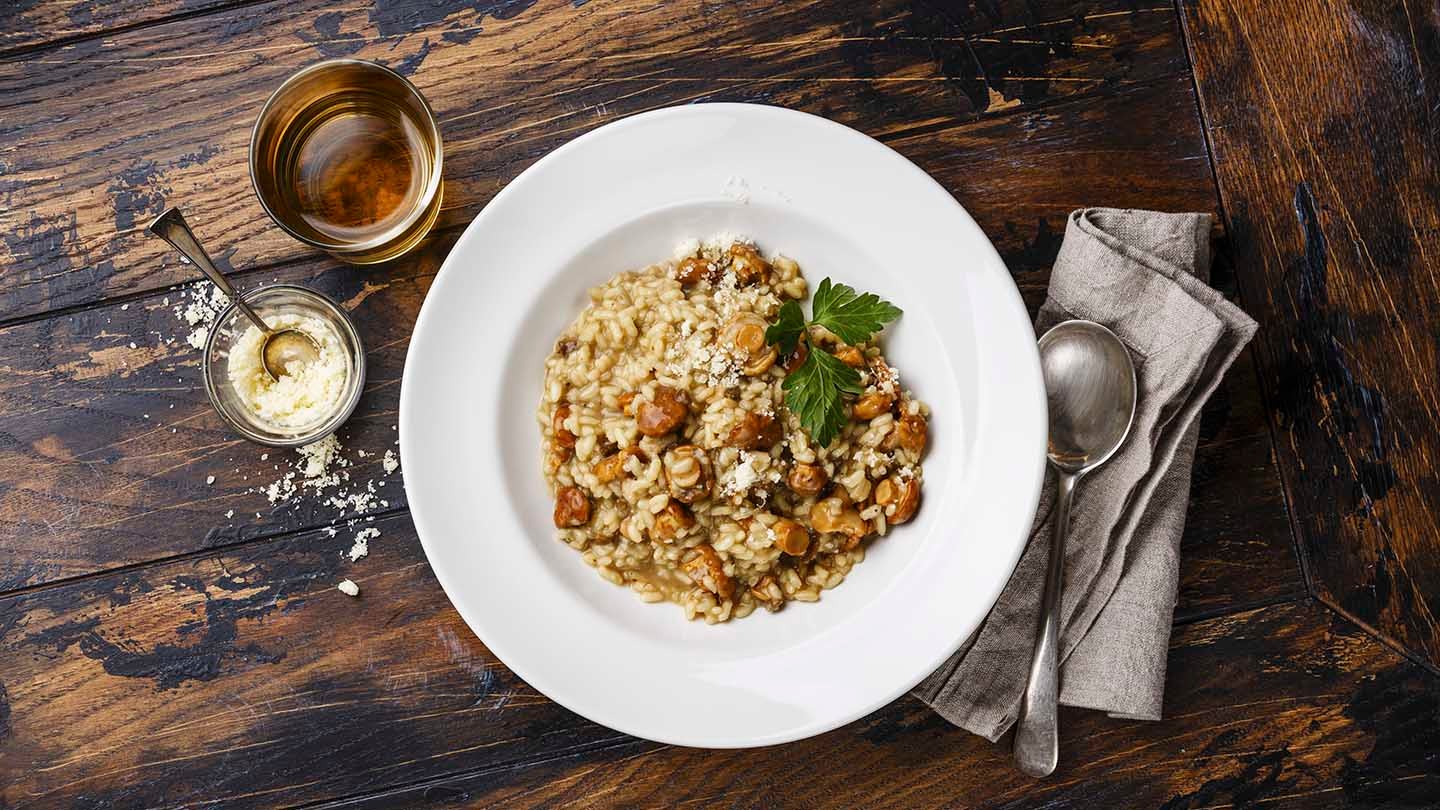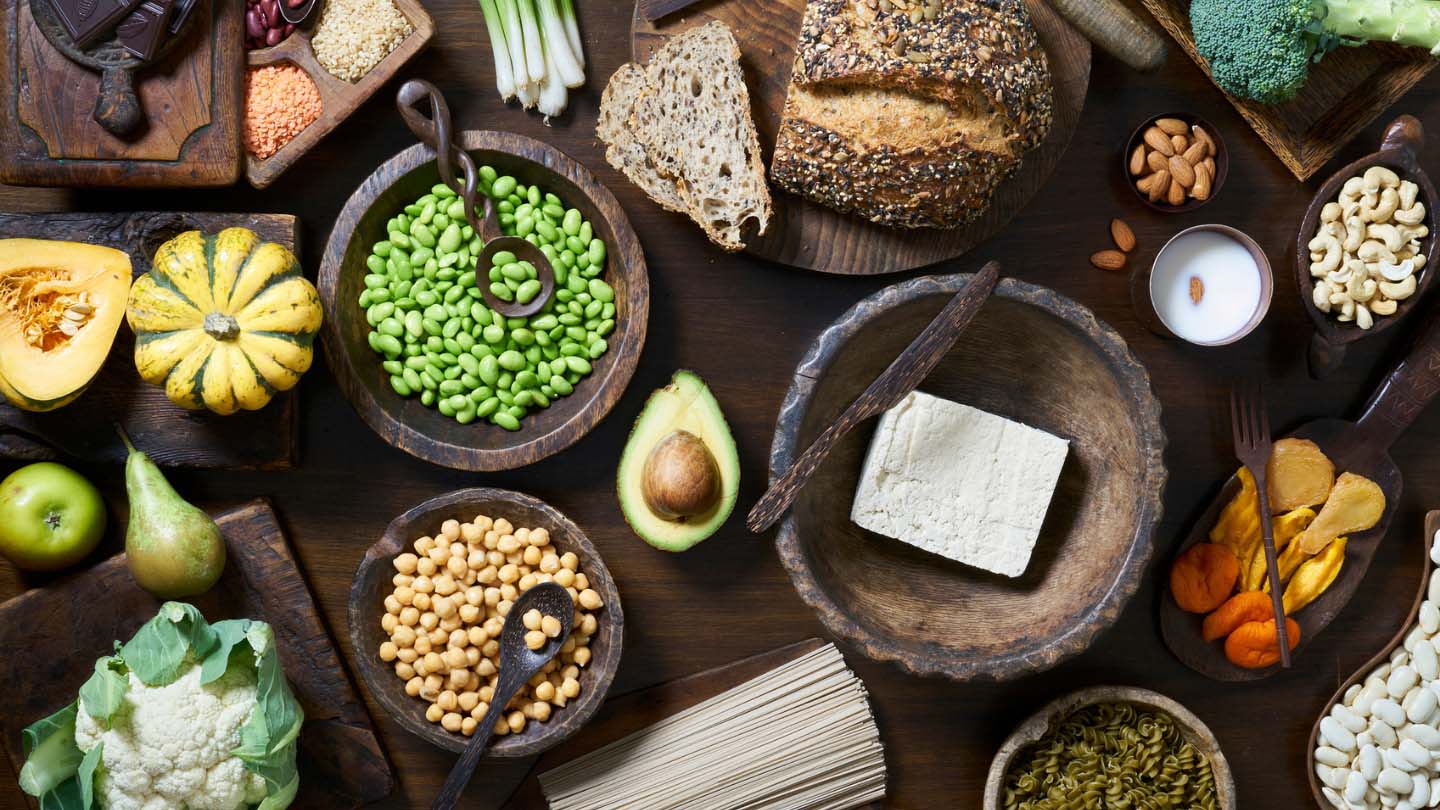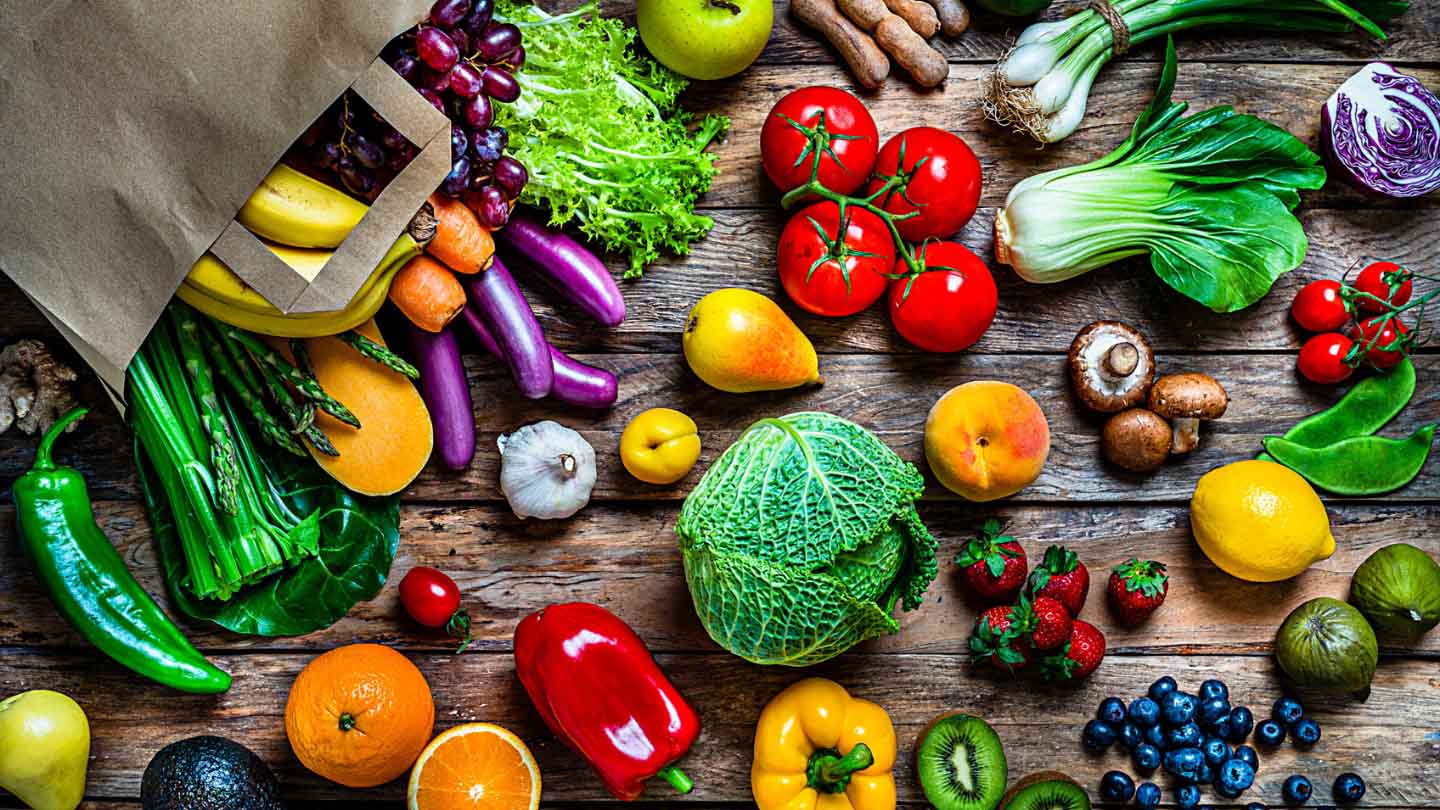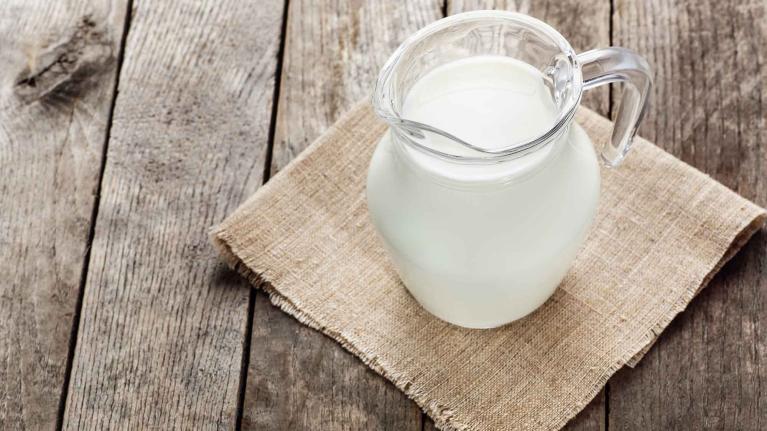
Plant-Based Milk Alternatives for Your Vegetarian/Vegan Drinks Menu
From the grocery store to the local coffee shop, plant-based milk alternatives are everywhere, and consumers are eager to embrace them.
The Rise of Plant-Based Milk Alternatives
Whether they like it in their coffee or in their favourite dish, vegan and vegetarians don’t expect to give up milk any time soon. We’re not talking about the dairy version, but rather about plant-based milk alternatives. As the trend for meatless diets keeps gaining momentum, so does the plant-based drinks menu.
Plant-based milks now make up 10% of the overall dairy market, while per capita consumption of milk has dropped 13% in the US and 4.1% in Europe.1 In the UK, Sales of fresh dairy alternatives have risen by 31% from £48 million in 2013 to an estimated £63 million in 2014.2
Substituting Dairy with Plant-Based Milk in Recipes
In general, you can substitute any plant-based milk for dairy milk 1:1, except in recipes where the protein plays an important structural role (e.g. baked applications). You can also try combining beverages like soy or oat and pea to provide a more complete protein.
You may also want to consider the differences in flavour and nutrition. Many milk alternatives have added sugar to mask the "beany" or "cerealy" flavours. In many countries, dairy milk may also be fortified with key nutrients (like vitamins A & D), so look for options that have no (or low) added sugars and contain the same fortified nutrients as milk.
The Most Popular Plant-Based Milk Alternatives
Cow’s 2% milk has always been a good source of complete protein and other essential nutrients. Unsuitable for those with milk allergy, and limited/avoided with lactose intolerance, cow milk is a big no-no for vegans and might even put off a few conscientious vegetarians too.
Here are the best alternatives when the dairy version of milk is not an option for your customers.
Soy
Good source of complete protein, contains soy isoflavones. Unsuitable for those with soy allergy.
Oat
Contains soluble fibre associated with heart-healthy benefits. May contain gluten, so those with coeliac disease/gluten intolerance should avoid.
Coconut
High in calories, total fat, and saturated fat. Low and incomplete source of protein.
Almond
Low and incomplete source of protein. Contains healthy fats from nuts. Unsuitable for those with nut allergies.
Rice
Not a good source of protein, and does not contain all essential amino acids (incomplete).
DID YOU KNOW?
Grains and legumes tend to be complementary proteins. Mixing rice and pea beverages can form a complete source of protein. And soy beverage is a complete source on its own.
If you want to cater to more vegan customers, make sure you banish animal-based ingredients from your cooking too. Here is a list of plant-based ingredients you can use instead, including gelatine and honey substitutes.
- FAIRR Sustainable Protein DD09, Feb. 2018.
- British Nutrition Foundation, Protein. www.nutrition.org.uk
